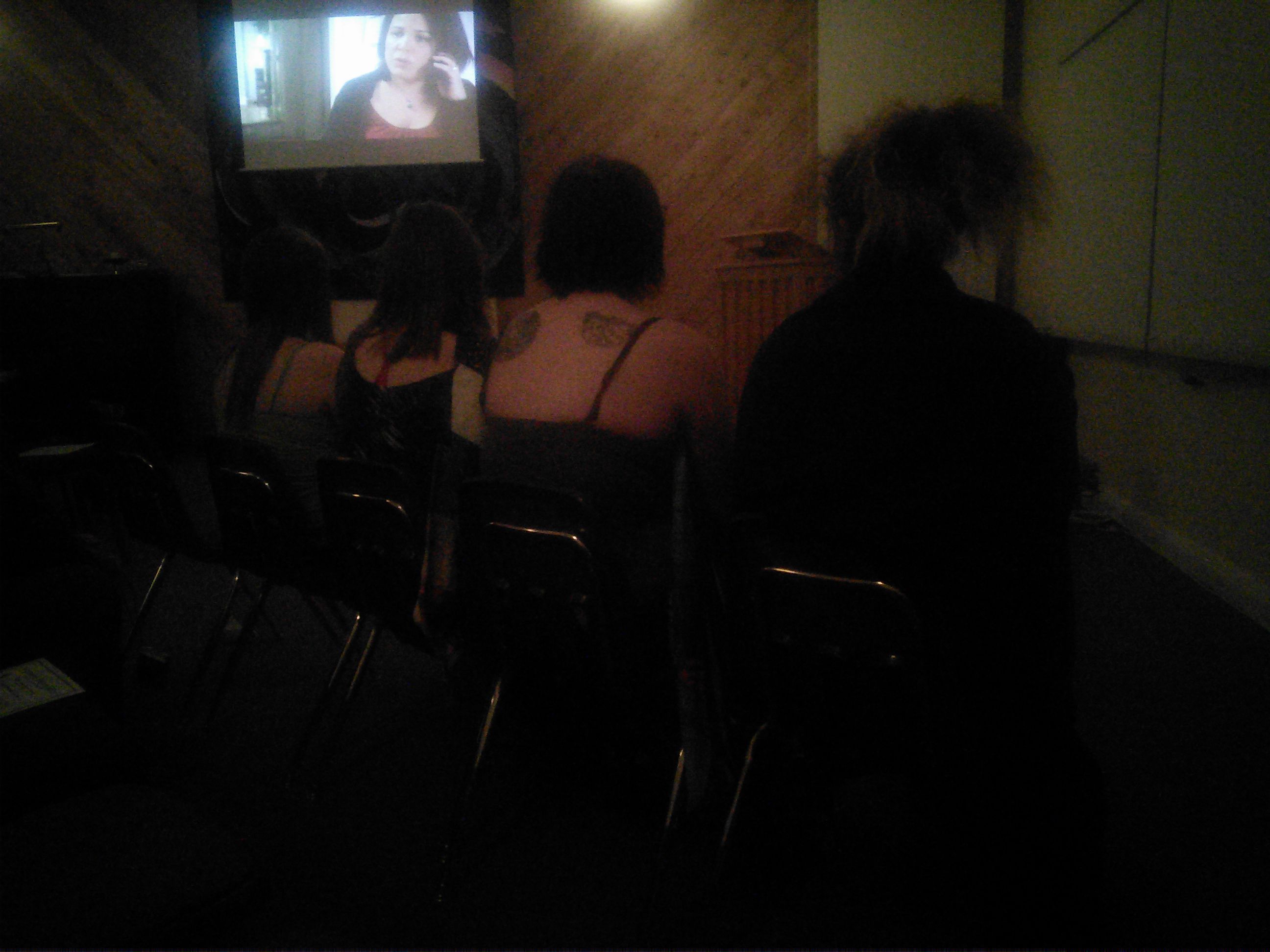
This is the Norman Rockwell poster based on Roosevelt’s Four Freedoms Speech. It is from the Government archives (http://1.usa.gov/A6WY5e).
We are not a democracy. The United States of America has never been a democracy. Some small towns in the USA are a democracy, but if you don’t live in a town with town hall meetings where everyone at the meeting gets to vote on the issue of the day, even the town you live in isn’t a democracy.
So, what is a democracy? The Greek root is people govern or rule. If you look at the dictionary, you will find a definition that contradicts my position.
From Dictionary.com:
de-moc-ra-cy? ?[dih-mok-ruh-see]
noun, plural -cies.
1. government by the people; a form of government in which the supreme power is vested in the people and exercised directly by them or by their elected agents under a free electoral system.
So, the dictionary is always right, right? Wrong. The dictionary reflects the popular usage of the word. Not the usage intended by the folks coining the term. More on that later.
So, why does this matter? Because being in a democracy implies that you, an individual citizen, have direct control over government and policy matters that affect your life and the lives of others around you. In the current political climate, it is used to imply a majority run amuck voting to increase your taxes for their entitlements. These entitlements typically include, “welfare” in general and specifically Social Security, Disability Insurance and Medicaid (and sometimes medicare). The logic then continues to blame these programs for the growing federal annual deficit. This is far from true as the single most significant holders of the federal debt is the federal government mainly from the social security and medicare funds. But that is a different topic.
So, if we are not a democracy, what are we? Recite the American Pledge of Allegiance with me…
I pledge allegiance to the Flag of the United States of America and to the Republic for which it stands, one nation, indivisible, with liberty and justice for all.
(This is the 1923 version of the pledge of allegiance. The original was written by the American Christian Socialist Francis Bellamy in 1892. The god part was added during the communist freak out of the 1950’s.)
…And to the Republic. We are a republic. The US Constitution has always been a republic. So were the Articles of Confederation. By modern usage of the words, a republic is a form of a democracy where representatives are elected by the general population of citizens and the representatives make all the actual decisions on the issues of the day.
Which continues to lend to the confusion.
So let’s agree to make a distinction between a direct democracy where everyone gets to vote on everything and a representative democracy where everyone votes for a representative who goes off an makes decisions for you.
Here are three reasons why I believe the distinction is important, if not critical to solving the issues facing America and in a general sense all citizens of Planet Earth.
First, it was important to the framers of the American constitution. The constitution was written to protect future citizens from what they considered two extreme forms of government, the absolute monarchy (although at that point England was a constitutional monarchy) and majority rule or democracy. In either case, the framers understood that those not in power (not the king or not in the majority) ran the risk of being oppressed by those in power. A very good discussion of the constitutional framers thinking on the abuse of power by the majority was written by William H. Huff on his website (An Important Distinction: Democracy versus Republic). In other words, the framers chose a representative form of government because they feared that the rule of the majority would be come the tyranny of the mob.
Those of you who are arguing that our democracy is broken because people are voting themselves entitlements are not understanding this point. This is exactly why the constitutional framers picked a republic over a democracy. So that couldn’t happen. And in reality, it doesn’t.
The second reason is that if you do not understand the difference between (and now I am falling into the common parlance) a direct democracy and a representative democracy, then you do not understand the political process in these United States and if we do not understand the process, then how can we hope to fix it?
The final reason? Our representative democracy is broken. (The checks and balances are broken as well, but that is a separate topic.) When was the last time you felt that the government represented your values, your ideals, your dreams and desires? Do you even know your representative? His or her name? Their phone numbers? The most glaring issues with the current system are all about how our representatives are selected, how they raise money to win elections, how to hold them accountable once in office, how to know what they are doing once in office, where does their personal wealth come from, and the list goes on and on.
But note the common thread. We are putting people into positions of authority over us without knowing them in a system that is skewed towards the narcissistic, self-centered sociopath. (Think about what it takes to be successful in politics, then tell me I am wrong.)
The framers of the constitution did an incredible job of dealing with the problems they knew and could foresee. (Did you know that most of them were against the idea of intrenched political parties?) But they were only men (yes, men). Limited by their knowledge, the times, their assumptions, hopes, dreams and desires. They couldn’t foresee the automobile, television, computers or the internet. They were worried about the accumulation of wealth into too few hands, but didn’t do anything effective about it.
No, they did a great job for 1787 when the US Post Office used horse-drawn coaches to carry the mail over dirt roads. It is now 2012. It is a different world. It is time to re-examine the processes and assumptions that we allow to govern us.
That process begins by understanding and using precisely the words used in our civil discourse. Like understanding the difference between a democracy and a republic. Language matters. First rule of critical discourse.







